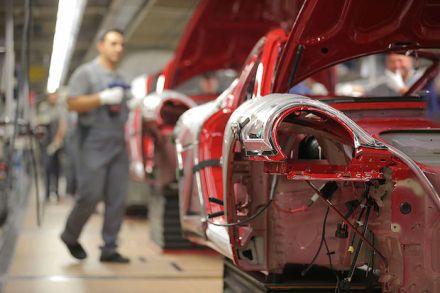Diary – 12 October 2017
I used to long for mid-October when I could say goodbye to the hot rooms, cold buffets, and warm white wine of party conference season. But ever since I swapped politics for the world of museums, I have happily rediscovered those autumnal weeks of blackberries, spider webs and London returning to life after summer. At the V&A, we opened our new opera exhibition, tracing the art form’s development from Monteverdi’s Venice to Shostakovich’s Moscow. At the British Museum, the Scythians have been reviving the art of ancient Siberia. And around the capital, Frieze Art Fair has been drawing the world’s aesthetes to London. What we don’t yet know is how





















